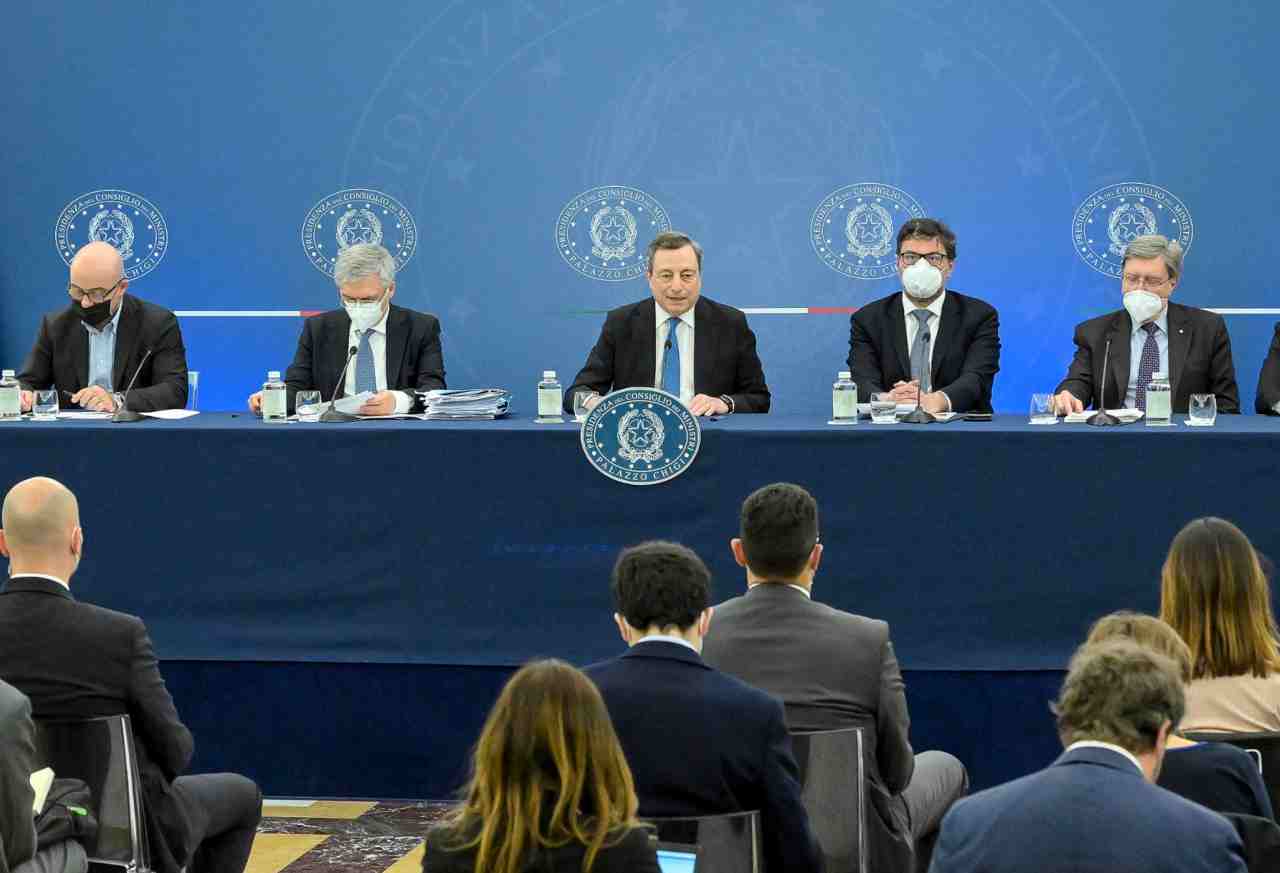Russia’s attack and violation of international law has been almost unprecedented since the end of World War II, according to President Egil Levits in a discussion entitled “War in Ukraine. Restoring Justice and International Law. Russia’s Responsibility”.
According to Justine Deičmane, the head of the Media Center of the Office of the President, the first person of the country points out that Latvia is together with Ukraine and provides significant military, political and economic assistance. Latvia is also hosting Ukrainian refugees. Levits notes that Latvia is a member of the European Union (EU) and NATO, and therefore, as an independent state, Latvia has a joint responsibility for the observance of international law.
Levits emphasizes that if international law is not respected or loses its significance, there is military anarchy, meaning that everyone can do what they want, as it did before 1918, when states had the right to war. After the First World War, the basic principles of international law changed radically – for 104 years, states have no right to war, but have an obligation to maintain peace, so aggressive war is a violation of international law.
The President notes that international law is incomplete in the sense that, unlike national law, international law has a rather weak mechanism for monitoring respect for rights. In national law, the violation of law in Latvia provokes a reaction from law enforcement organizations. There is no such organization in the world, and to a large extent whether international law is respected or not depends on the goodwill of states and how states demand each other to respect those rights. Therefore, what is required at the national level cannot be required of international law.
He points out that Ukraine has filed a lawsuit against Russia in the International Court of Justice over Russia’s false accusations of genocide, which Russia has claimed to have led to Russia’s invasion of Ukraine. According to Levit, the case is spiraling because the International Court of Justice has no jurisdiction to start an aggressive war. Two weeks after the start of the war, the International Court of Justice ruled urgently that Russia must stop the aggression. Russia did not do that.
“One might ask whether it is worth doing this kind of litigation. Yes, it is worth it, because it is necessary to say what is legal and what is not, whether it is being implemented or not. It is like we would say: ‘We cannot to capture all thieves and therefore repeal the article of the criminal law on theft, “the president said.
The second possibility, according to the President, is the International Criminal Court. Unlike the International Court of Justice, the International Criminal Court deals with the crimes of individuals. An investigator has been brought before the International Criminal Court on Russian war crimes in Ukraine and is currently under investigation.
Levits also points out that the EU has imposed sanctions on Russia for violating international law, including the United States and a number of other countries: Canada; Japan; Australia; New Zealand. Sanctions are against Russia, state property and assets abroad and oligarchs close to the regime.
The first person of the state emphasizes that property and funds are being seized, but the question remains about confiscation – whether it is possible to go further, namely, not only to seize, but also to confiscate. Levits points out that there are legal arguments for and against here. According to him, there is also some political and public discussion in the United States, Canada and also in Europe. The Canadian parliament passed a resolution last week stating the need not only to seize property but also to confiscate it, which means political progress in this direction. In the United States, this is being talked about at both the political and legal levels, but it has not gone so far as to talk about confiscation. Proceeds from the confiscation could be transferred to reparations payments to Ukraine.
Levits also draws attention to the fact that there is currently a political and public debate on the establishment of a special tribunal, as the International Court of Justice in The Hague has no jurisdiction to start an aggressive war. There are several examples of special tribunals: the Yugoslav tribunal, which has been in operation for 20 years, and the tribunals in Rwanda and Cambodia. There is also a tribunal for one specific criminal case, the Rafik Hariri tribunal.
“It is also possible to set up international tribunals, but the problem is that they are set up by a UN Security Council resolution, which is not possible in this case. A UN General Assembly resolution is theoretically possible, other organizations such as the Council of Europe. that this specific case is being investigated and followed by a verdict, “the president said.
Levits mentioned the national investigation as a last resort. He explains that national crimes also have international jurisdiction, and that each country can investigate transnational crimes that take place outside its borders by finding and questioning witnesses in an attempt to find out the culprits.
According to the President, there are a number of ways in which this responsibility can be exercised. He stressed that if the main defendants can not be seated on the accused’s bench, it does not mean that these proceedings are irrelevant. The President emphasized that they had a role to play in maintaining the standard of international law.
–


